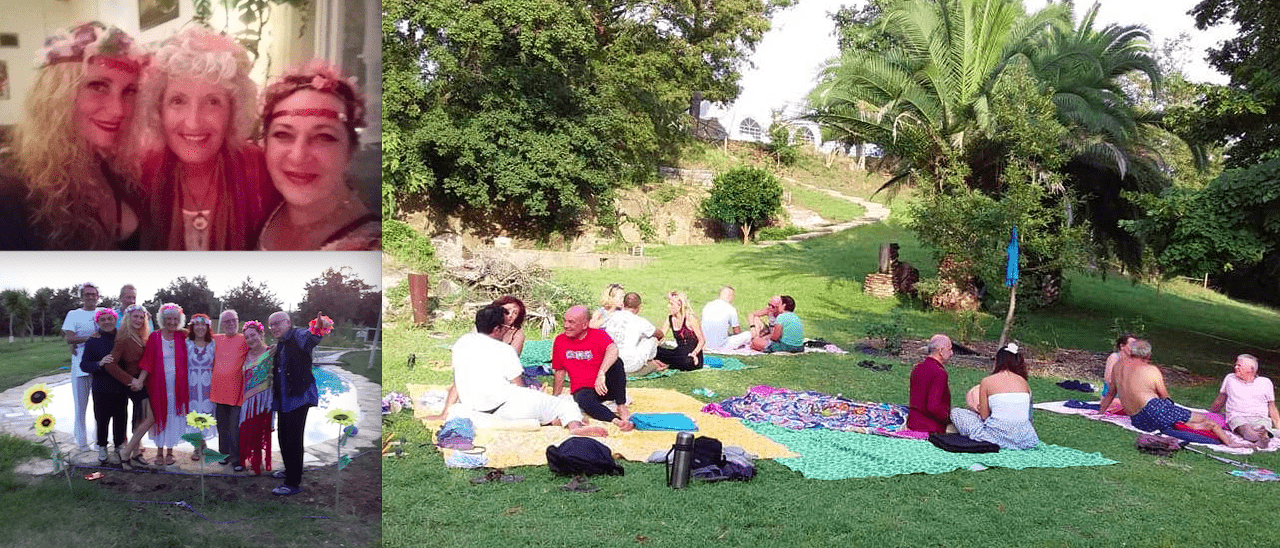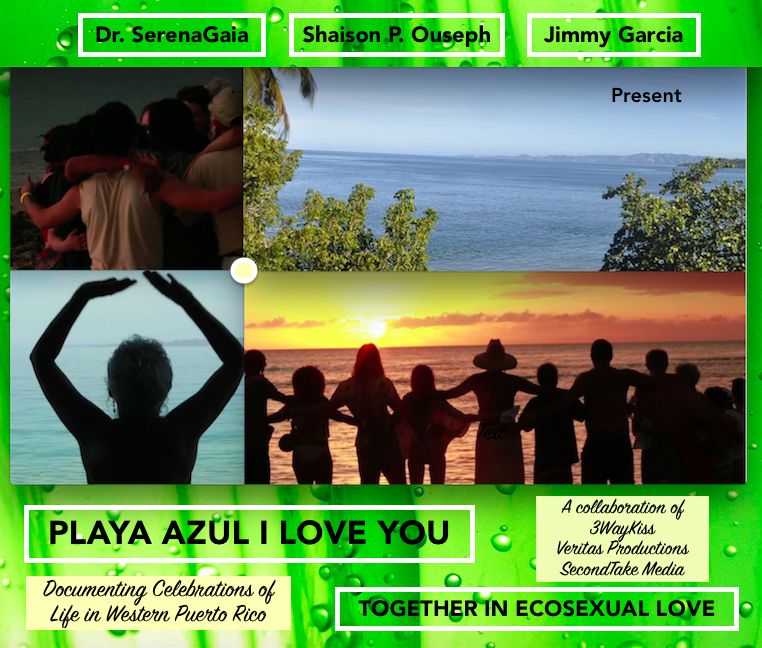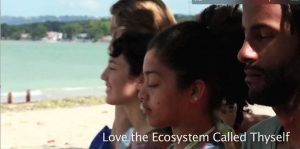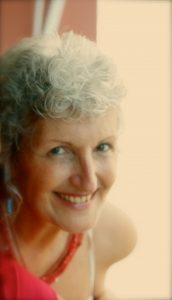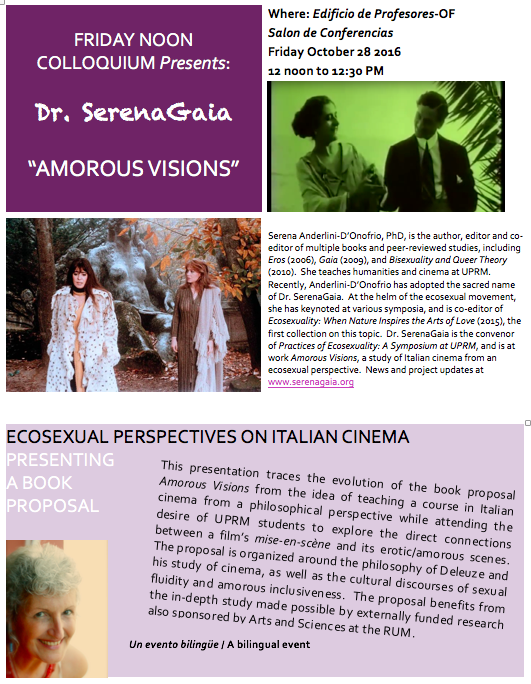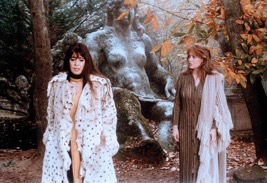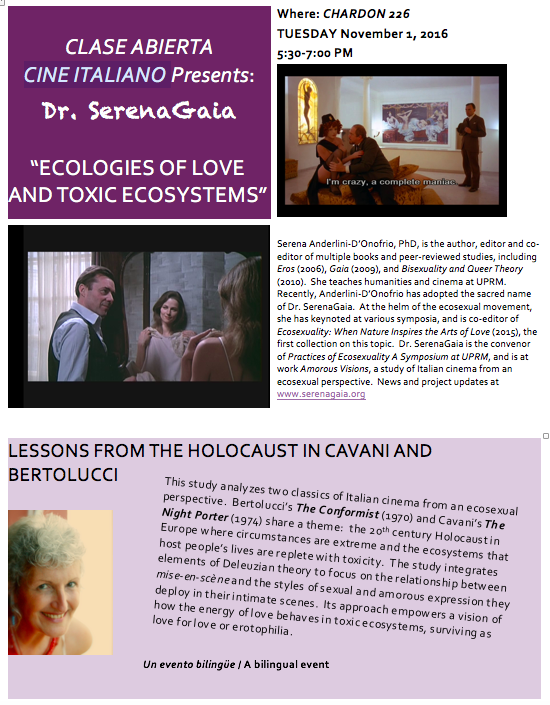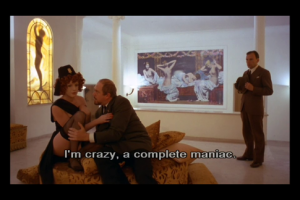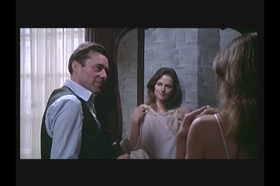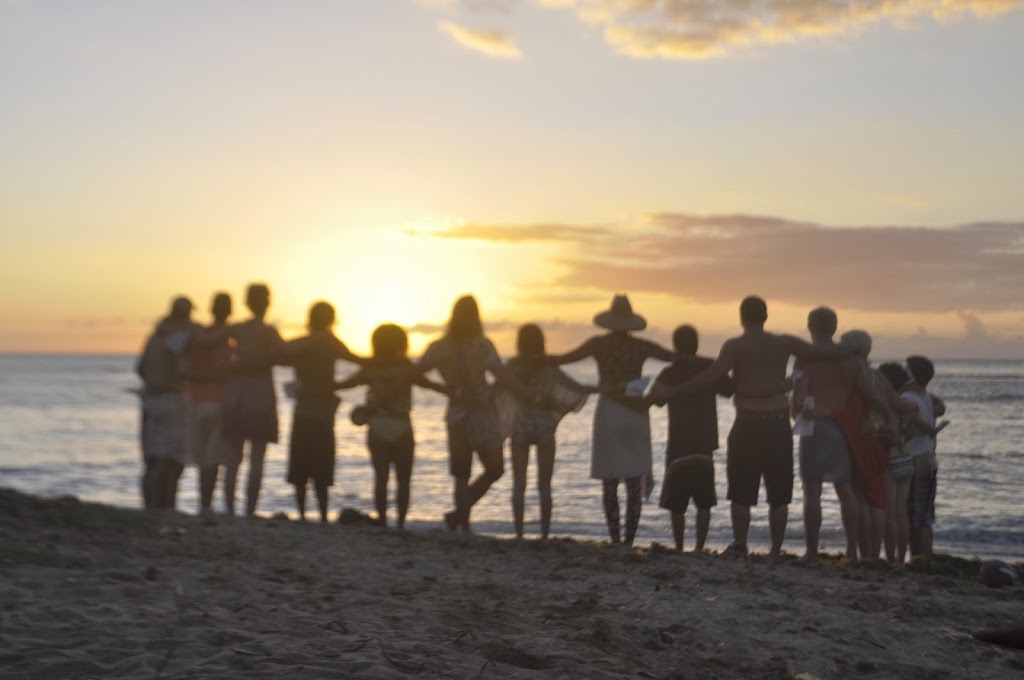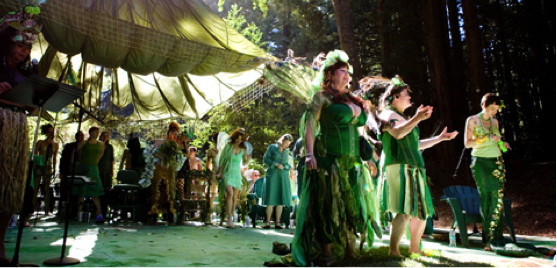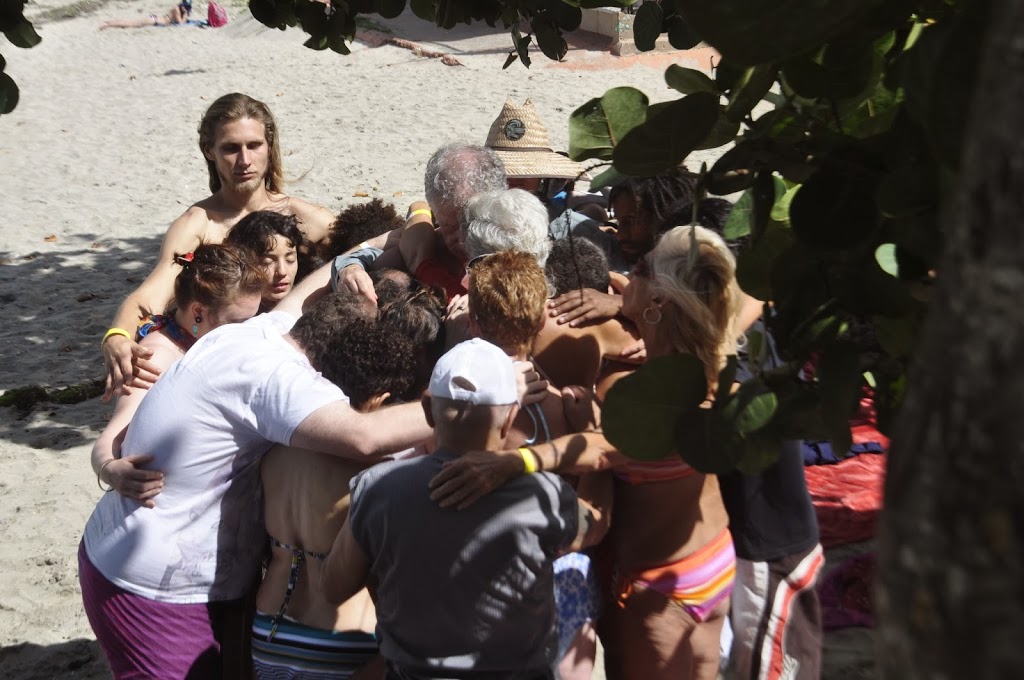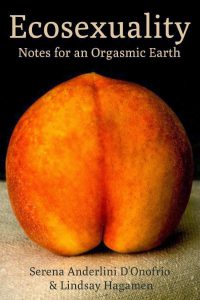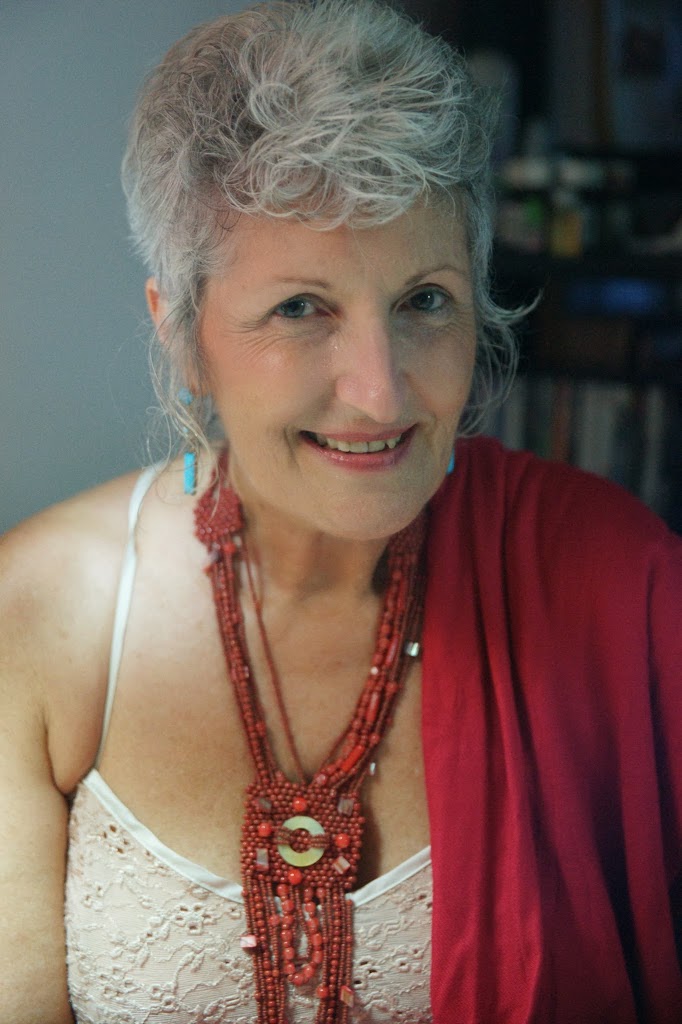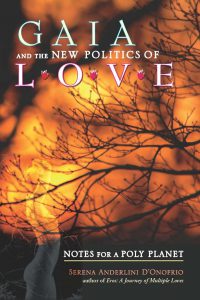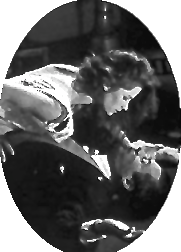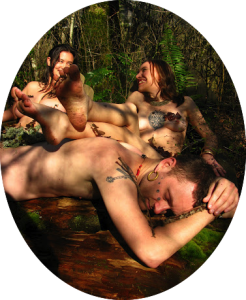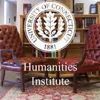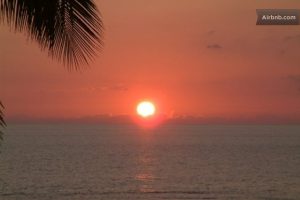While living here in the Portland area, I’ve finally had a chance to watch the two full seasons of Polyamory: Married and Dating, the show that brings the spotlight on three polyamorous families and their beautiful, adventurous, explorative, and sometimes challenging lives.
It’s been a real pleasure to watch the show in the company of my housemates, who are also involved in the local sex-positive culture. We’ve had time to compare notes, discuss, and reflect on how the experiences of these models compare to the experiences of each of our lives. What kind of dynamics are likely to occur when one engages in styles of love that are beyond binaries, that are more expansive in the ways they engage with inclusiveness in our amorous lives?
Personally, I’ve enjoyed many aspects of this series, in both seasons. Including the settings in two areas of Southern California where I’ve lived very significant chapters of my life. Riverside, where I did my graduate studies in the 1980s at UCR, while i held the job of teaching basic Italian that one of the Season #1 protagonists also holds (coincidence?!) And San Diego, where in the 1990s I actively participated in the Bisexual Forum founded by two avatars of bisexuality, Fritz Klein and Regina Reinhardt. In my experience, San Diego is a city of community, cafe life, holistic health, and warm jacuzzis where people become soft, mellow and amorous as to almost seem to melt into one another.
I’m not at all surprised that it’s been home to the four people in the quad whose interlocking lives are at the center of the show’s narrative. I also like the sense of expanded tribe that emanates from this narrative, especially in Season # 2, where one can also observe characters evolve and even switch roles at times. It’s amazing how places, locations, and one’s experiences in them, are powerful in shaping the narratives of our lives. And in creating legacies, traditions, seeds that eventually evolve, have a life of their own, and expand. West Hollywood is the setting for the Season # 2 triad, and it’s also well rendered as an ecosystem that really holds the characters. I do realize that any reality show, when well done, is also, to some extent, fictionalized. And yet, I feel very strongly that there is authenticity in the narratives, settings, and characters. I feel that people have really put themselves on the line to be who they are, at least to the extent that that’s possible when one invites a Hollywood camera into one’s private life.
One aspect I’ve really appreciated in the show’s structure is the quick asides that interrupt the narrative sequence to help viewers pry into the inner life of each character. What is this person feeling at this moment? What desire, anxiety, motivation, concern is motivating their action? How is their mind, their heart responding to the reality they are experiencing at this time. These asides are quick enough that one returns easily to the narrative. And they are also poignant enough that they provide, with the insights into the characters, also a beautiful way to get a sense of the philosophical gist of polyamory, of what reflections, principles, and intellectual awareness characterize this lifestyle and the communities where it is practiced. The decision to use asides this way has a long tradition in literature, especially in the English language, where of course it was widely used by the Bard, another voice whose tones resonate strongly with sexual fluidity and amorous inclusiveness alike.
Another aspect I’ve appreciated is the integration of sensual, erotic, and sexual scenes into the overarching narrative. Yes. That’s the way life is, right? “Life” is not divided in “genres” (as in erotica vs fiction), as some entertainment production systems would have us believe. “Life,” real life I mean, is actually one integrated narrative. There our minds, our hearts, our yonis, our lingams, and all the different symbiotic parts that make up our beings speak their truth, and manifest the reality we co-create with others. So, yes, I do appreciate that in this show we are taken into the bedrooms, the jacuzzis, the retreats, the play parties where people who love each other experience amorous existence. And where, from this experience they evolve and transform as partners in their relational lives.
This was exactly one of my goals when told the story of a very significant period in my life, especially my San Diego years, in the 1990s. I wanted the intellectual, the emotional, and the erotic aspects of my experience at that time to be synergized into one narrative. it was a way to offer a story that made sense and was beautiful and empowering to those wishing to be brave enough to read and be inspired. This memoir, Eros, was a Lambda finalist in 2006, when fist published with the subtitle A Journey of Multiple Loves. A new edition is now in the works, in both English and Italian, with the new subtitle, The Wisdom of Love. There I’ve fast forwarded to 2020 to really celebrate more fully the experiences in my life that make it part of the communities where amorous inclusiveness and sexual fluidity are practiced. Yes, love is good for you when practiced as an art, and the more you practice the more you learn about it and can share with others.
And this can happen over the arch of one’s entire life! One thing I wish to see more of when Polyamory or other reality shows of this kind resume, is a wider diversity in the age of the story’s protagonists. What about sexy grandmothers? Perhaps that’s another taboo to break up?
Here I really want to congratulate the brave director and the whole very brave and generous cast for this gift to the world. A gift that empowers people to practice love more expansively and evolve as their ability to generate this energy and channel it also expands. I do wish for a world where these gifts are appreciated and where they do their job of opening up options for others. I feel happy and proud of my part in co-creating this world with my own small contributions. And I wish everyone in the show a beautiful future of many decades where the magic of love manifests in many forms to bring health, happiness, and abundance to their lives.
Thanks Michael McClure, KamalaDevi McClure, Reclaiming Walker O’Rourke, Roxanne DePalma, Rachel Rickards, and many others. May your generosity to the better world we all want and imagine be rewarded. You are wonderful and i love you!
